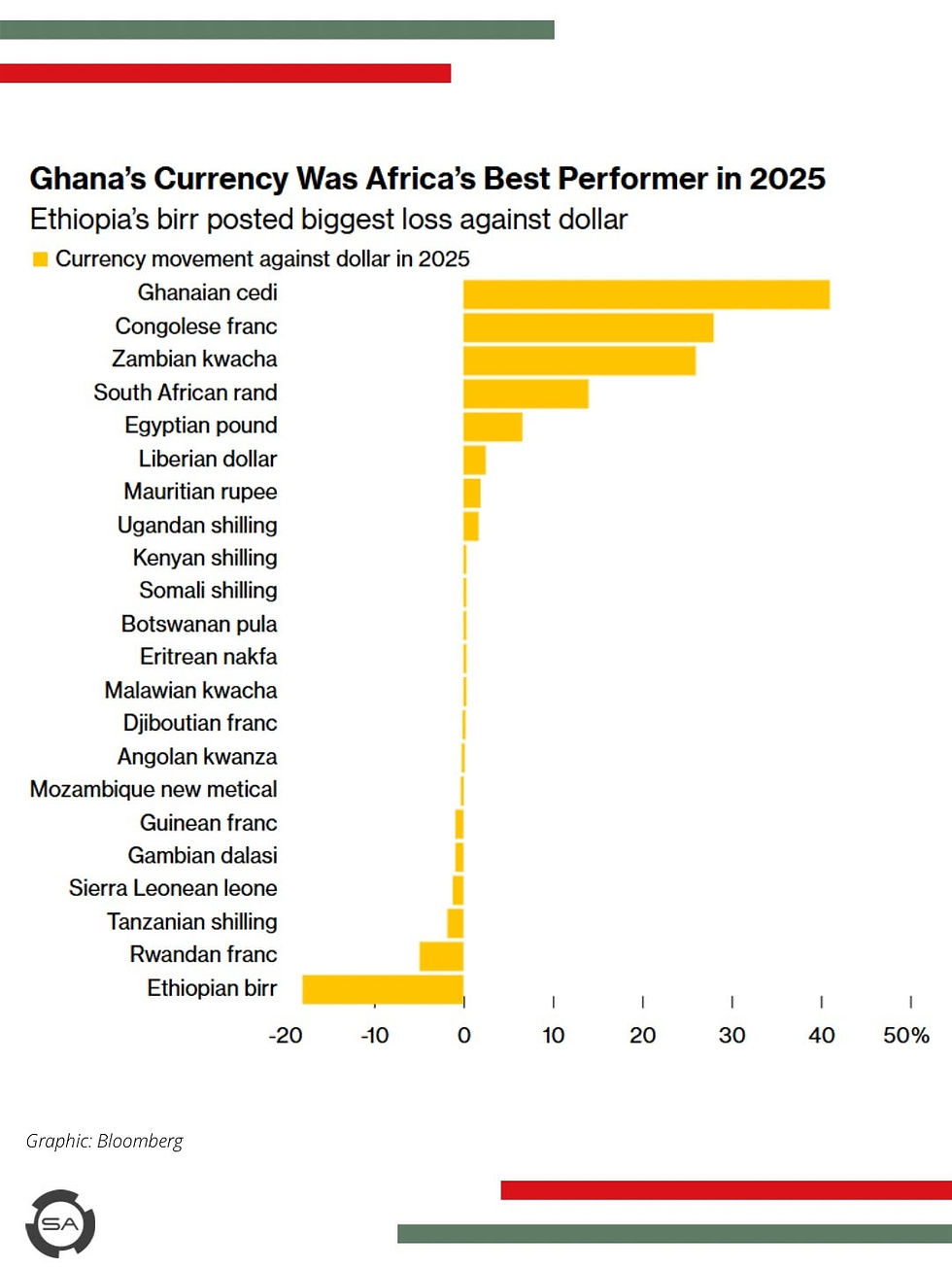The Future of Africa's Urban Growth
- Claire
- Apr 25, 2025
- 2 min read
Africa’s rapid urbanization is transforming the continent, offering significant economic opportunities. In 1950, the vast majority of Africans lived in rural areas, but by 2015, nearly half were city dwellers—a figure projected to exceed 70% by 2050. Unlike in other parts of the world, much of this urbanization is happening in small and mid-sized towns, not just megacities. These growing urban centers provide economic benefits, with city wages averaging twice those in rural areas. Proximity to cities also grants rural populations better access to financial services, infrastructure, and job markets, blurring the line between urban and rural life. Additionally, improved transport options, such as affordable motorcycles from China and India, have made commuting between rural and urban areas easier, further integrating economies.

However, Africa’s urbanization has been inefficient, limiting its full economic potential. Nearly half of sub-Saharan Africa’s urban population lives in slums, with cities expanding outward rather than upward, making infrastructure and service provision more expensive. High living costs in African cities, coupled with fragmented urban development, have hindered industrial growth, keeping manufacturing’s share of GDP stagnant despite rising urbanization. In many cases, young people move to cities in search of jobs that do not exist, leading to widespread informal employment. Meanwhile, poor urban planning, outdated zoning laws, and weak property rights further exacerbate inefficiencies.

Recognizing these challenges, some African governments have begun implementing reforms to improve urban development. Countries like Rwanda, Ghana, and Senegal have introduced policies to strengthen secondary cities, while others have sought to regularize land ownership and taxation. Somaliland’s capital, Hargeisa, has established a robust property tax system, and Togo has redrawn city boundaries to better reflect urban expansion. As urbanization continues, policymakers have a valuable opportunity to implement smart, sustainable planning that can transform Africa’s cities into thriving hubs of economic growth and innovation.
Source: The Economist




Comments